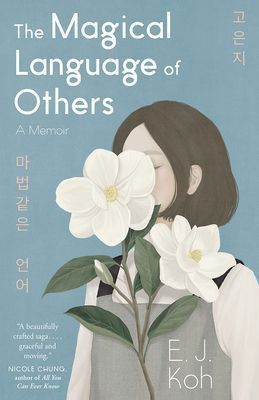
Reviews
Air@airhorn
Kimberly Gajitos@kimberlyriohh
azliana aziz@heartinidleness
charisa@charisa
Ivy X@poisonivayy
heather@heahthr
Cindy Lieberman@chicindy
Janet Doré@vistacanas
Angela @oii-angmew
zahra @zahraa13
cee @ceereading
Gen@blacksouldress
Meniah@athoughtfulrecord
zee ✨️@sunshinemagic
Mina@minabookworm
vive@vive
Jen Sorenson@magsoap
Courtney@courto875
blueandgrey @blooandgrey
eliz@thornedscenery
Tiffany@scientiffic
Carolyn Yoo@cyoo
wildemononoke@wildemononoke
nicole@nyx723
Highlights
Air@airhorn
Page 370
Air@airhorn
Page 150
Air@airhorn
Page 114
Air@airhorn
Page 109
Air@airhorn
cee @ceereading
zee ✨️@sunshinemagic
zee ✨️@sunshinemagic